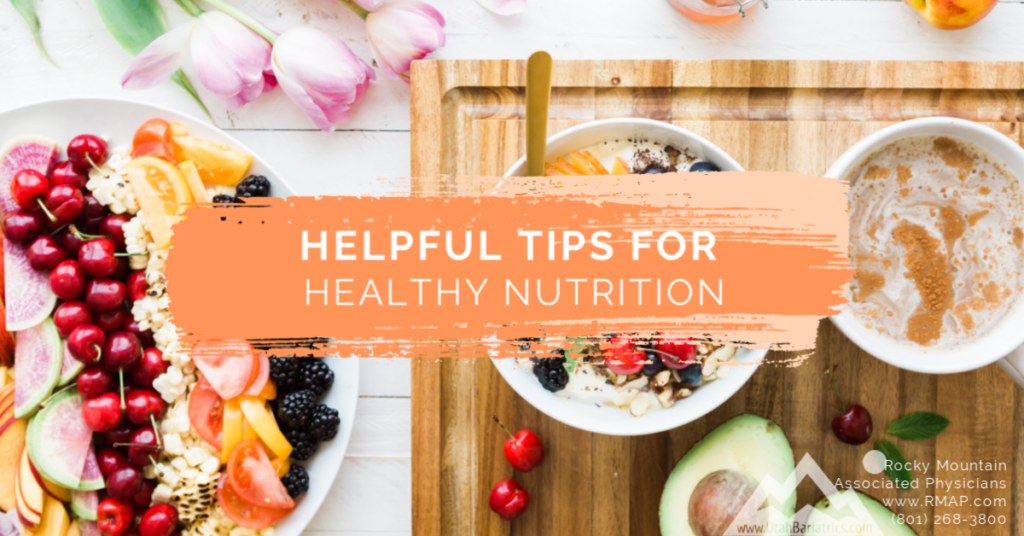
Learn more about weight loss surgery at Rocky Mountain Associated Physicians www.RMAP.com (801) 268-3800
After weight loss surgery many patients fall into the erroneous thinking that they are on a fad diet. Patients must realize that they are on a nutrition plan that they must follow for the rest of their lives. Often when people reach their goal weight they fall back into previous overweight eating patterns. Even with a small stomach, if patients do not implement the fitness and nutrition lifestyles, a weight re-gain will result.
When goals are met some patients deviate from the nutritional guidelines and indulge in food rewards because they “feel” they deserve it. You deserve to be healthy. You pay a high price when you consistently deviate from the nutritional guidelines. You do not deserve poor health. The candy bar or piece of cake may move you back to an unhealthy place that left you miserable. Recognize and be aware of what you do deserve and choose rewards that are not food related. A healthy lifestyle is a life-long commitment.
Physical Satiation
The amount of food you can consume right after surgery is approximately 2-4 ounces. As the pouch/sleeve matures, it enables you to tolerate a wider variety and a volume of up to 6-8 ounces. Your meals should never consist of more than 8 ounces.
Chew and eat your food slowly. It should take you about 20-30 minutes to eat and stop once the first sensation of feeling full to avoid stomach discomfort, nausea or vomiting. Remember the “hunger sensation” may also be a cue that you need water.
Digestion
The gastric pouch/sleeve has a limited capacity to assist with digestion. It doesn’t churn and mix gastric juices with food. Thoroughly chewing your food will help assist with the digestion process.
The 70/30 Rule
Your meals and snacks should follow the 70/30 rule for proper nutrition. 70% of the meal should be from protein dense foods, and 30% should be from vegetables. Avoid simple carbohydrates and sugars as they can slow weight loss, interfere with maintenance, and could induce the “dumping syndrome” in some gastric bypass patients.
It is healthier foods that you are reaching for. These foods should be low in carbohydrates and high in protein. These are also the types of food that your family should be eating to be healthy, too. Patients often report that they have to keep potato chips, sweets, carbonated beverages and other items in their home for their family members, but these foods are not good for your family either. Try to refrain from bringing unhealthy foods and habits into your home that might tempt you or your family members.
Measuring Tools
Measure your food prior to eating your meals. This can help you eat the appropriate portions and get the nutrition that you need. Remember, it’s the volume of food you are measuring, not the weight of the food. Keeping measure cups and spoons on hand can help.
¼ cup = 2 ounces; ½ cup = 4 ounces; 1 cup = 8 ounces
4 tbsp. = 2 ounces; 8 tbsp. = 4 ounces; 16 tbsp. = 8 ounces
Many companies make disposable containers that weight loss surgery patients can use rather creatively. These containers come in 2-8-ounce sizes. Prepare your food ahead of time and use these containers for storage. You can freeze and refrigerate food, heat it up in the microwave and have an instant portion-controlled meal. This strategy is especially helpful for individuals who have a busy schedule.
Three Meals a Day
Eating three meals a day ensures that your body always has the energy it needs to perform the tasks of daily living. When you skip a meal, you may find yourself so ravishingly hungry later in the day that you are apt to make poor food choices, and overeat. Regularly scheduled eating will prevent your body from running low on the valuable food it needs to keep your metabolism boosted, and your thoughts clear. Good eating habits allow you to function in your place of work or home.
Do Not Graze
Immediately following weight loss surgery, patients often report that they experience no hunger. Over time patients may regain their hunger drive. Being hungry is not a bad thing; it is your body’s way of sending a signal that your body needs energy.
Eating your three nutritional meals a day and two snacks is enough to meet nutritional guidelines. People who skip meals are more likely to overeat at the next meal, eat between meals, or make poor food choices.
Lifestyle Tracking
Research has shown those that track their weight, food intake and activity, etc., have more success at weight loss and maintaining a healthy weight than those who don’t. Reflecting on where you came from can help you evaluate your current success and set goals for where you want to go in the future.
Shopping and Menu Planning
An excellent way to help keep you on track is to have foods on hand that are part of the nutritional guidelines. Take the time to prepare them. Foods that are high in protein and low in carbohydrates rarely come from the nearest fast food store.
Planning for, shopping, and preparing meals could be a family activity. At least once every two weeks sit down with your family members to plan a two-week menu. Inventory your cupboards and make a shopping list of the items that you will need to implement the menu.
Stop Drinking Carbonated Beverages and Caffeine
Often carbonated beverages are high in sugar and caffeine which can interfere with your long-term weight loss. Carbonation distends even normal size stomachs and postpones the sensation of fullness. De-caffeinated and sugar-free varieties can have weight loss sabotaging effects as they can increase cravings for sweets.
Caffeine found in carbonated beverages and coffee also has detrimental effects on the human body. The tannic acid in caffeine is known to cause ulcers in normal stomachs as well as the gastric pouch/sleeve. Caffeine is a known diuretic. Post-operatively maintaining proper hydration is essential to good health. Some of the negative effects of caffeine include:
- Appetite stimulant
- Gastric distress
- Diuretic
- Caffeine intoxication
Do Not Drink with Your Meals
Our surgeons suggest you should stop drinking at least 30 minutes before each meal, and wait 30 minutes before you resume drinking after you have eaten. Your pouch/sleeve has limited space, so drinking after a meal could wash your food through the gastric pouch/sleeve and can cause you to lose your sensation of fullness and hunger to return sooner.
Several months after surgery, and as tolerance allows, you can reduce the “no drinking” interval to 10-15 minutes before and after eating. If you find it difficult to get your 64 ounces of water per day of zero to low calorie liquid, call the office staff or refer to the pocket binder you received at Surgery Orientation class to help you with ideas to stay hydrated.
Water, Water, Water
Patients are often surprised to discover that the solution to what seems to be a severe problem is simply increasing their water intake. Proper hydration can alleviate many physical ailments:
- If you are experiencing fatigue, drink more water
- If you are having bouts of severe constipation, drink more water
- If you are feeling depressed or anxious, drink more water
- If you are having difficulty with concentration, drink more water
- If you have a desire to graze, drink more water
- If you experience dizziness, drink more water
- If you are experiencing nausea, drink more water
Of course, if symptoms persist after increasing your fluid intake, please contact our office immediately.
Not drinking enough water can lead to water loss and dehydration. Dehydrations is defined as the lack of adequate body fluids the body needs to carry on normal functions at an optimal level. Here are some warning signs of dehydration:
Mild Dehydration
- Thirst
- Dry lips
- Slightly dry mouth
Moderate Dehydration
- Very dry mouth
- Sunken eyes
- Skin does not bounce back quickly when lightly pinched and released
Severe Dehydration
- All signs of moderate dehydration
- Rapid, weak pulse (more than 100 at rest)
- Cold hands and feet
- Rapid breathing
- Blue lips
- Confusion, lethargy, difficult to arouse
Self-treat mild and moderate dehydration; increase your fluid intake. If you are experiencing any of the signs of severe dehydration, please call our office immediately.
For helpful hints on how to curb hunger between meals click here.
For helpful hints on meal planning made simple click here.
For helpful hints on meal planning and dining out click here.
For helpful hints on how to be portion-wise click here.
For helpful tips on carbonated beverages, caffeine and alcohol click here.
For helpful hints on back to nutrition basics: some guidelines for life click here.
For helpful hints on a lifetime of eating healthy click here.
Find more answers to Frequently Answered Questions here.
www.RMAP.com
Rocky Mountain Associated Physicians
801-268-3800
1160 East 3900 South, Suite 4100
SLC, UT 84124








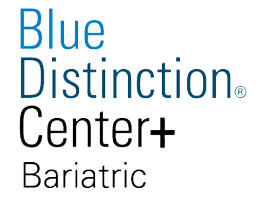

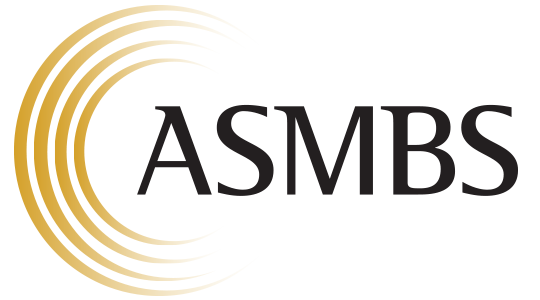
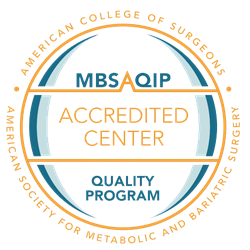
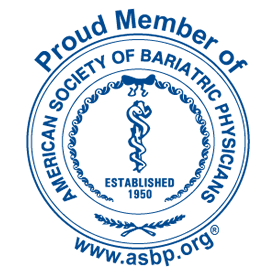
 Address: 1521 East 3900 South STE 100
Address: 1521 East 3900 South STE 100 Office: +
Office: +  Fax number (801) 268-3997
Fax number (801) 268-3997 Email: info@rmapinc.com
Email: info@rmapinc.com



